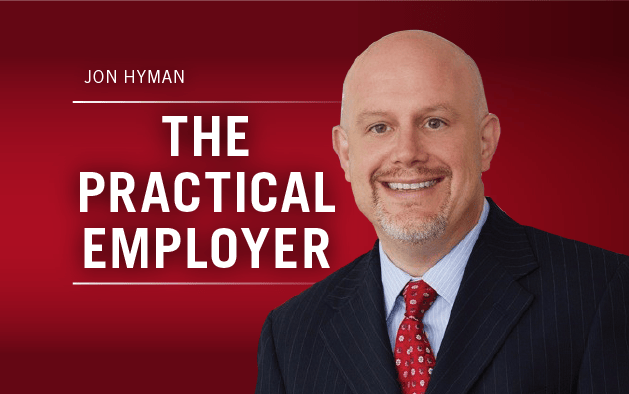Consider this scenario. Employer and Employee have a good-faith dispute over whether Employer owes Employee for unpaid overtime for time Employee spent traveling.
Employee sues.
Court awards Employee $608.08 for unpaid overtime (doubled to $1,216.16 as liquidated damages).
So far, this all seems kosher.
Then, however, Employee files his petition for attorneys’ fees.
$141,236.50 in attorneys’ fees.
Ultimately, the court reduced the fee award to a still-shocking $41,333.70.
Defendants correctly observe that fees should not overwhelm a case. In FLSA cases, as noted, the amount of damages is often less than the fees awarded. Indeed, in recent years this court has seen a spate of FLSA cases brought by low-wage workers seeking paltry sums. The proper measure is not proportionality.
Quite frankly, this is BS.
Wage-and-hour cases under the FLSA are often high-stakes games of extortion-by-litigation.
Plaintiffs rely on the disproportionately high attorneys’ fees to extort settlements of these cases. For small businesses these cases, and the risk of paying their lawyer plus the plaintiff’s lawyer, causes almost all of these cases to settle, no matter the legal merit (or lack thereof) of the wage claim.
No small business can afford the six to seven figures these cases end up costing.
I can see the counterargument coming a mile away. “But Jon, we need to force employers to pay the employee’s attorneys’ fees as a deterrent to force compliance with the FLSA and to stop them from stealing wages.”
This argument, however, rests on two huge assumptions with which I strongly disagree:
- That employers are stealing wages from their employees.
- That employers are intentionally violating the FLSA.

